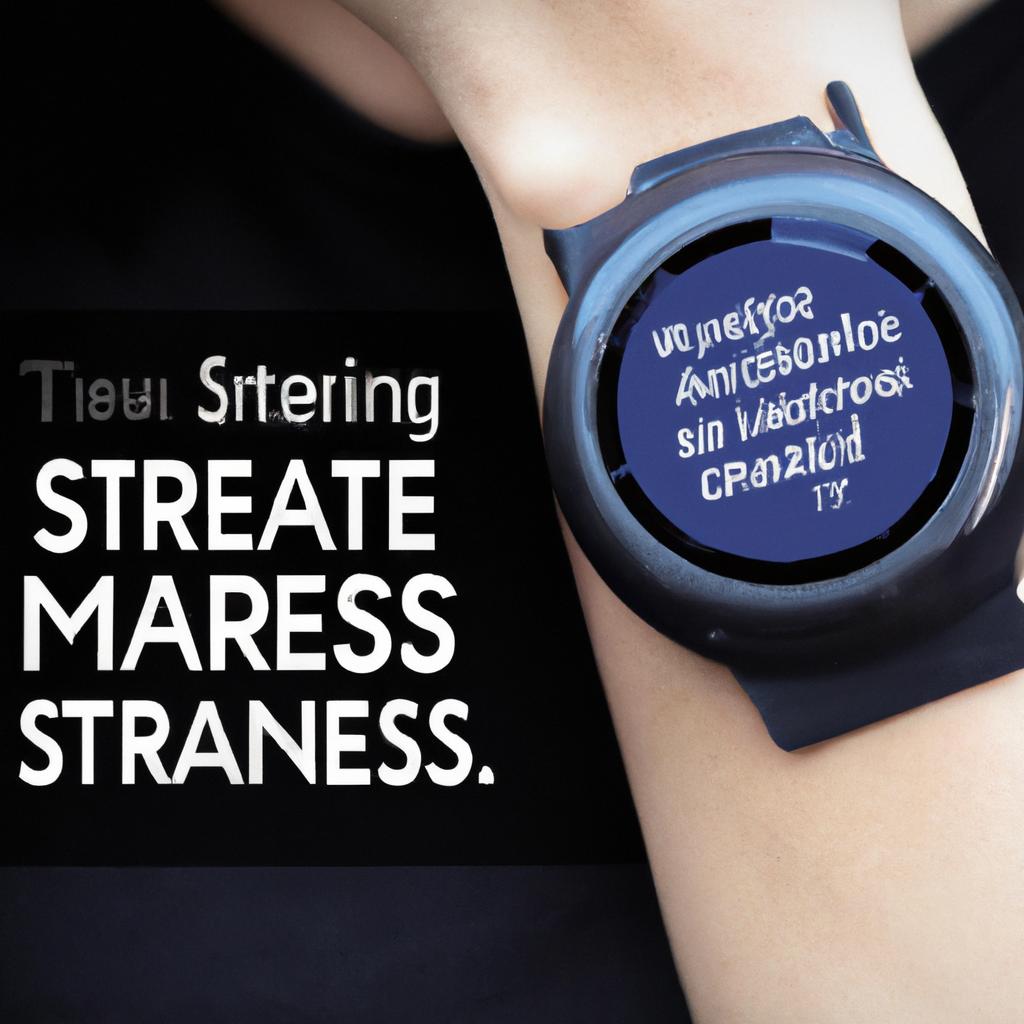Real-Time Stress Monitoring: How Wearable Technology Can Help You Manage Anxiety During Workouts
# Real-Time Stress Monitoring: How Wearable Technology Can Help You Manage Anxiety During Workouts
In today’s fast-paced world, anxiety and stress are common companions for many people, especially when it comes to physical activity. Whether you’re gearing up for a workout or trying to maintain a healthy lifestyle, the pressure to perform can often lead to heightened anxiety levels. Fortunately, advancements in wearable technology have made it easier than ever to monitor stress in real-time, allowing individuals to better manage their anxiety during workouts. This blog post will explore how wearable devices can help you stay in tune with your body, along with nutrition tips, exercise advice, and the health benefits of integrating these technologies into your fitness routine.
## Understanding Real-Time Stress Monitoring
### What Are Wearable Devices?
Wearable devices, such as smartwatches and fitness trackers, come equipped with various sensors that track physiological metrics. These metrics can include heart rate, heart rate variability (HRV), and even skin temperature, all of which can provide insight into your body’s stress response. By continuously monitoring these indicators, wearable technology allows you to assess your mental and physical state in real-time, empowering you to make informed decisions about your workouts.
### How Stress Affects Workouts
Anxiety can manifest in several ways during physical activity, from decreased performance to feelings of dread or panic. When you’re stressed, your body goes into fight-or-flight mode, which can hinder your ability to focus and execute movements efficiently. By using wearable technology to monitor your stress levels, you can identify when anxiety is creeping in, enabling you to take actionable steps to manage it effectively.
## Nutrition Tips
### Fueling Your Body for Stress Management
Nutrition plays a crucial role in managing stress and anxiety. A well-balanced diet can enhance your mood and improve your body’s response to stress. Here are some nutrition tips to consider:
1. **Stay Hydrated**: Dehydration can lead to fatigue and increased stress levels. Aim to drink plenty of water throughout the day, especially before and during workouts.
2. **Incorporate Omega-3 Fatty Acids**: Foods rich in omega-3s, such as salmon, walnuts, and flaxseeds, have been shown to reduce anxiety and improve brain function.
3. **Choose Complex Carbohydrates**: Opt for whole grains, fruits, and vegetables, as they provide a steady supply of energy and help regulate blood sugar levels, which can influence mood.
4. **Limit Caffeine and Sugar**: High caffeine and sugar intake can spike your energy levels temporarily but may lead to crashes and increased anxiety. Moderation is key.
5. **Include Antioxidant-Rich Foods**: Berries, leafy greens, and nuts are rich in antioxidants, helping to combat oxidative stress in the body, which can exacerbate anxiety.
## Exercise Advice
### Choosing the Right Type of Workout
Not all workouts are created equal when it comes to managing anxiety. Here are some exercise tips to help you select the best routines:
1. **Opt for Mindfulness-Based Exercises**: Activities such as yoga, tai chi, or Pilates focus on breathing and mindfulness, which can help alleviate stress and anxiety.
2. **Mix Cardio with Strength Training**: While cardio exercises like running or cycling release endorphins, strength training can improve confidence and body image, both of which may reduce anxiety.
3. **Listen to Your Body**: Use your wearable device to monitor your heart rate and stress levels. If you notice an increase in anxiety, consider adjusting your workout intensity or taking a break.
4. **Incorporate Rest Days**: Balance is essential. Allowing your body to recover can significantly reduce stress and prevent burnout.
## Health Benefits
### The Overall Impact of Wearable Technology
Integrating real-time stress monitoring through wearable technology into your fitness routine offers several health benefits, including:
1. **Enhanced Self-Awareness**: By monitoring your stress levels, you can become more in tune with your body and its responses, leading to better self-regulation in both workouts and daily life.
2. **Improved Performance**: Understanding when your anxiety levels rise can help you make adjustments to your routine, ultimately improving your workout performance and enjoyment.
3. **Long-Term Stress Management**: Regular use of wearables can provide valuable data over time, allowing you to identify patterns and triggers for your anxiety, making it easier to implement coping strategies.
4. **Increased Motivation**: The















Post Comment